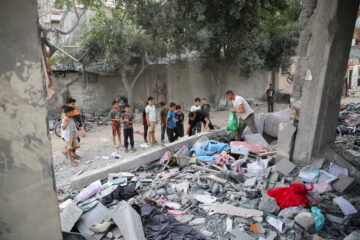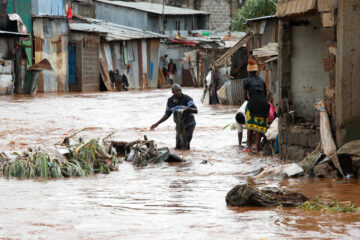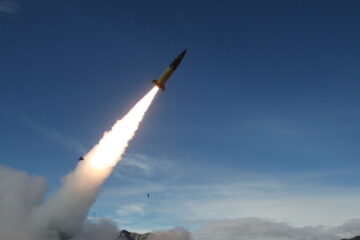Ebola vaccine trial proves 100% successful in Guinea
An Ebola test vaccine provided blanket protection in a field trial in Guinea, said researchers Friday, possibly heralding "the beginning of the end" for the devastating West African outbreak that has killed thousands.
The serum was 100-percent effective, after a week, in more than 7,600 people innoculated, according to results published in The Lancet and hailed as "extremely promising" by World Health Organization (WHO) chief Margaret Chan.
The world was "on the verge of an effective Ebola vaccine," the UN\’s health agency said in a statement.
"The initial results of the study show that the vaccine can effectively contain the further spread of the Ebola virus," said the University of Bern, which contributed to the research.
Though encouraging, the results are "interim" and the vaccine will not become immediately available as a community-wide Ebola shield, experts cautioned.
About 28,000 people have been infected in Guinea, Sierra Leone and Liberia since late 2013, according to the WHO. Nearly half have died, but there is thought to be a large undercount of cases and deaths.
Having brought an already fragile health sector to its knees, and driving out much-needed investment, the outbreak has started winding down but is not over.
Seven cases were confirmed the week ending in July 26 — four in Guinea and three in Sierra Leone — the lowest weekly total for over a year.
But even a single undetected case can spark a flareup — the virus spreads through direct contact with body fluids.
"An effective vaccine will be another very important tool for both current and future Ebola outbreaks," said Chan.
The trial, backed by drug firm Merck, the WHO and the governments of Canada, Norway and Guinea, saw 4,123 high-risk people vaccinated immediately after someone close to the trial participant fell ill with the haemorrhagic fever.
None of the vaccinated group caught the virus.
A second, comparison group of 3,528 people received the vaccine three weeks after potential exposure. Sixteen of them contracted the virus while unprotected, said the study, but by day six after innoculation, everyone in the second group was also fully shielded.
"Indeed, no vaccinee developed symptoms more than six days after vaccination, irrespective of whether vaccination was immediate or delayed," said the study paper.
The vaccine was safe, with no serious side-effects, according to the study.
Not known is how long the protection lasts, or the vaccine\’s effect on pregnant women and children — high risk groups not included in the trial.
One of two leading vaccine candidates, VSV-ZEBOV has been developed and tested in a super-quick 12 months, compared to the normal decade or more. Ebola has no licensed cure or treatment either.
The Lancet said the Guinea trial would continue gathering evidence of the VS-ZEBOV\’s effectiveness and safety.
"The vaccine is not yet licensed. More data on efficacy are needed before it can be widely deployed," said an editorial in the medical journal.
Even then, it may be better used not to try and prevent outbreaks, but to limit virus spread once there is one, and for protecting healthcare workers — the group at highest risk.
"The major problem is the very sporadic appearance of Ebola virus in outbreaks which are unpredictable in terms of where and when they might next appear," Andrew Easton, a virology professor at the University of Warwick, told AFP.
And the cost of mass vaccination to cover all eventualities would be prohibitive.
Disease experts welcomed the results.
"This is big news — the most promising medical development so far in the ongoing race to shut down Ebola," Benjamin Neuman, a virologist with the University of Reading, told AFP.
Added Peter Smith of the London School of Hygiene & Tropical Medicine, the results were "very exciting and suggest that the Ebola vaccine tested may be highly effective in protecting against Ebola disease among those in the immediate vicinity of an Ebola case."
The trial used a so-called "ring" approach — the same used to eradicate smallpox in Africa in the 1970s. First to be vaccinated are people who had been in close contact with an Ebola patient, then those at a slightly more indirect risk, and so on.
SOURCE: AFP
[do_widget_area inner_adsbar]











